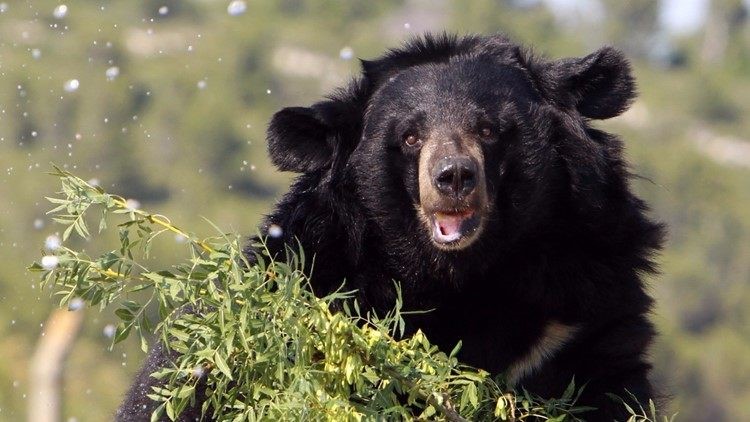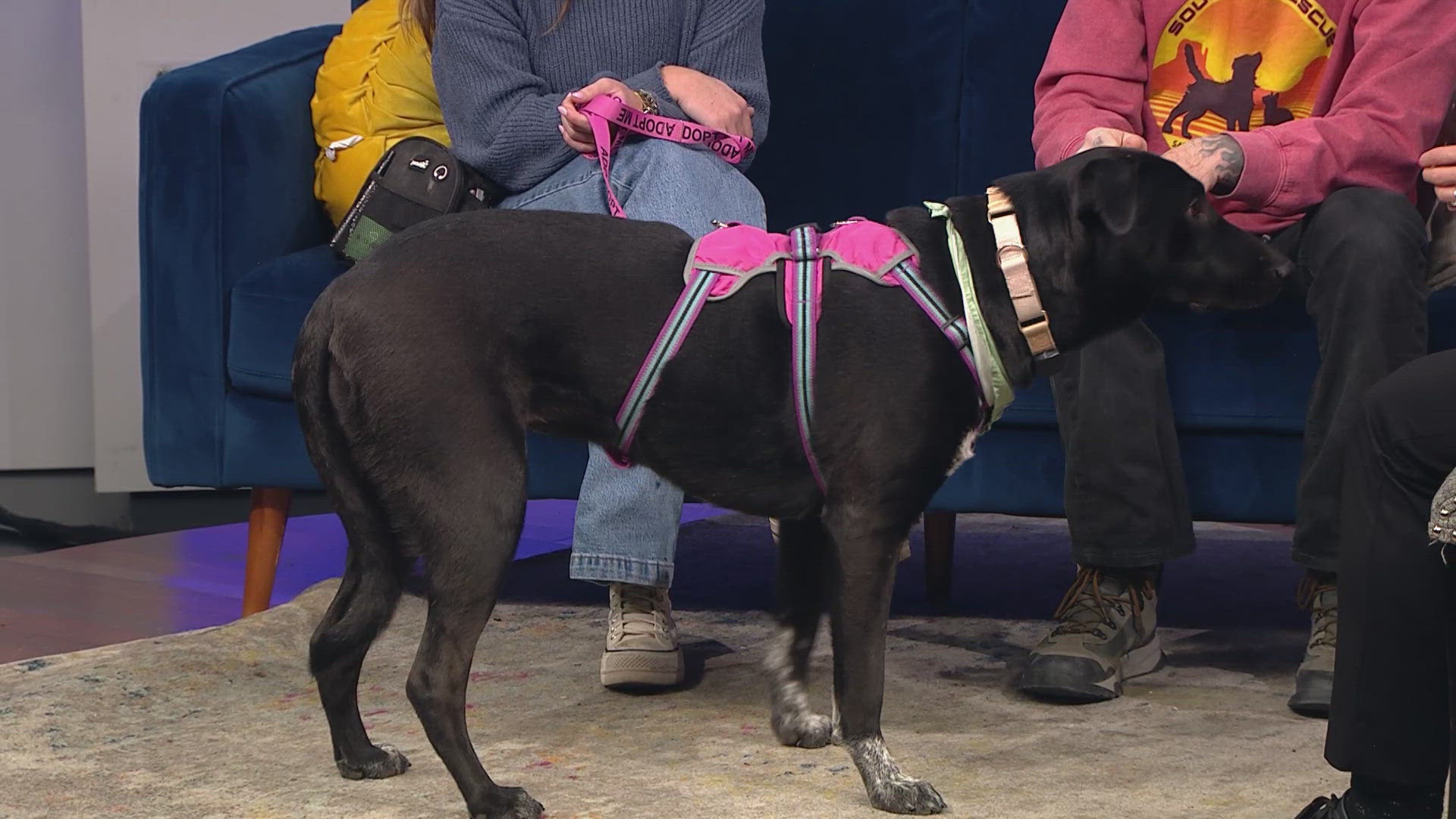DENVER — Colorado Parks and Wildlife is reminding citizens that bears are coming out of hibernation and will be in search of food.
CPW said in a news release that it has already received reports of bear activity in eight counties in Colorado.
Bears have already been seen getting into trash bins in Steamboat Springs and Silver Plume. There have also been reports of bears with livestock in Delta, a bear verses dog encounter in Colorado Springs and one bear who got into a vehicle in Snowmass Village, according to the release.
Natural food sources for bears include grasses, aspen buds and other vegetative matter that is beginning to sprout. Those gentle foods help the bear's digestive system after a winter of not eating, according to CPW spokesperson Jason Clay.
“Every time a bear gets a treat, a bird feeder, a hummingbird feeder, trash, it teaches the bear that people mean food,” said Mark Lamb, CPW’s area wildlife manager for South Park and the west metro Denver area. “People who think that it's one time, no big deal, are totally wrong. It is a big deal when you compound that ‘one time’ with how many ‘one time’ they get from your neighbors, too. It adds up.”
RELATED: Colorado campgrounds closed, trails still open after stay-at-home order issued due to COVID-19
Typically the male bears are the first to come out of hibernation, followed by the females without their cubs, Clay said in the release. Females that gave birth over the winter are the last to come out, usually in mid-to-late April, according to Clay.
“Our recommendations aren’t made to make our jobs easier,” explains Matt Yamashita, area wildlife manager in Glenwood Springs. “What we’re asking is what is best for bears and for people. We don’t want to deprive people of seeing bears, but we want people to see a bear that doesn’t depend on humans for food.”
According to the release, biologists have seen bears that are shifting much of their life cycles toward communities. When a bear is able to get a few thousand calories from human trash over a few hundred calories from wild berry bushes, the bear will make the easy choice. Once they’ve made that choice, they are instinctively trained by their stomachs to search out the easy option.
Tips from CPW to prevent conflicts between bears and humans:
- Keep garbage in a well-secured enclosure.
- Only put out garbage on the morning of pickup; bring empty cans back inside before dark.
- Use a bear-resistant trash can or dumpster. These are available online or from your trash hauler.
- Clean all garbage cans regularly to keep them odor free. The scent of ammonia can deter bears.
- Take down all bird feeders. Bird feeders are a major source of bear/human conflicts - 397 conflicts because of them in 2019 alone. Birds have naturally available food sources during the spring, summer and fall. Don’t let your bird feeder become a bear feeder.
- Don't leave pet food or stock feed outside – never provide food sources for any wildlife.
- Clean all BBQ grills.
- Keep garage doors and windows closed and locked, especially between dusk and dawn.
- Don’t leave attractants such as snacks, food wrappers, gum, or even scented hand lotions in your car; and always lock vehicle doors.
- Use bear boxes or bear-proof containers for food and scented items when camping.
- Don't leave food outside while camping. If bear boxes aren't available, leave all food in the trunk of a locked vehicle as your last resort.
- Review CPW’s Bearproofing Your Home Fact Sheet and conduct a home audit to be sure you are not attracting bears to your property.
- Talk to your neighbors and kids about being bear aware.
CPW has more information about living with bears in Colorado at cpw.state.co.us/bears.
SUGGESTED VIDEOS: Animals and Wildlife



